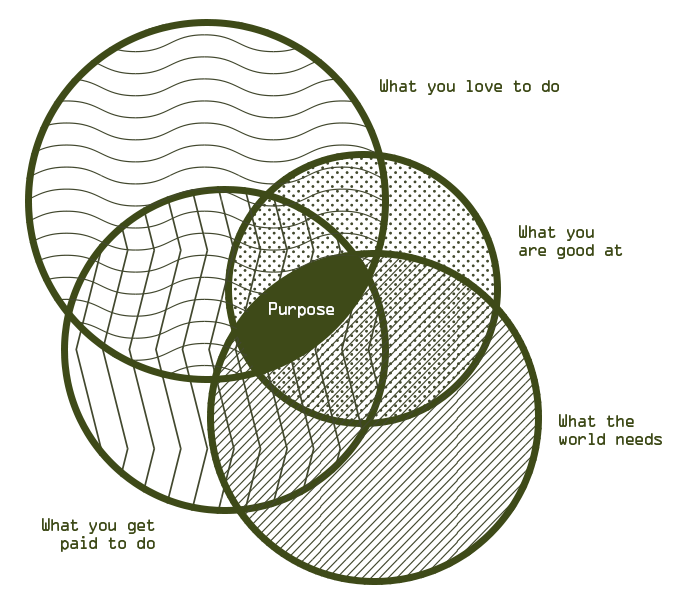///// ABOUT
PURPOSE-BASED
PROGRAMS
///// JOHN F. KENNEDY ONCE SAID
“Efforts and courage are not enough without purpose and direction.”
Generally, purpose is the reason for which something is done or created or for which something exists. In the military, purpose is often engrained in your mission, and many vets struggle to gain that same sense of meaning upon leaving the military. This lack of purpose can be detrimental for many, and can be a factor in depression, PTSD, and even suicide.
Everything that The RECON Network produces—from our live events to our coaching options and our Toolkit—is focused on purpose, and on helping each veteran identify their own meaning and mission. It is our goal that each man and woman who we reach will plan their futures around a newly-established sense of purpose—both within and outside of their careers.

PURPOSE + WORKFORCE
RETURN ON INVESTMENT
89% of employees with high levels of well-being reported high job satisfaction. Nearly two thirds of those employees reported consistently putting in extra effort at work (Bright Horizons). Meanwhile, business units in the top quartile on employee engagement averaged $80,000 to $120,000 higher sales revenue per month (Gallup).
CULTURE
87% of organizations cite culture and engagement as one of their top challenges, and 50% call the problem “very important” (Deloitte University Press).
RETENTION
In the U.S., only 29% of workers feel engaged at work (Gallup). Meanwhile, most engaged employees are 87% less likely to leave their organization (Corporate Leadership Council). Among veterans, 44% will leave their first job-post-military within the first year—a challenge for both veteran and company.

PURPOSE + HEALTH
RESEARCH
Out of the major challenges facing the veteran population, many of them can be traced back and attributed to a lack of purpose—including PTSD, depression and suicide.
People who are happy but lack meaning in their lives show the same gene expression patterns as those who are struggling with prolonged adversity—their bodies are preparing to fight off bacterial infections. The problem with this is that if it continues in a prolonged state, it can increase the risks of major illnesses like cancer and heart disease, because the body is in a constant state of inflammation (National Academy of Sciences)
Additionally, people living with meaning show higher levels of cognitive ability, and lesser decline of those abilities in later years due to neurodegenerative disease.
PURPOSE + EDUCATION
RESEARCH
Students with a “transcendent sense of purpose” guiding them tend to learn better, persist longer through hard topics, be more engaged and show more results than their peers without purpose guiding them.
PURPOSE + GENERATIONS
Generation X: 1966–1980
- Responsible for creating the work/life balance concept
- Possesses strong technical skills
- Is more independent than prior generationst
Millennials: 1981–2000
- Most resilient in navigating change
- Most educated generation of workers today
- Willingness to work hard and set goals to achieve the lifestyle they want
- 79% say it’s more important to enjoy their job than to make money


